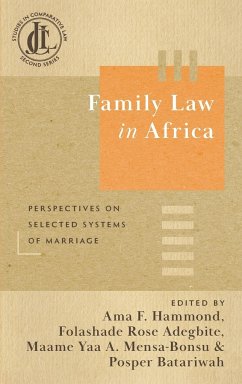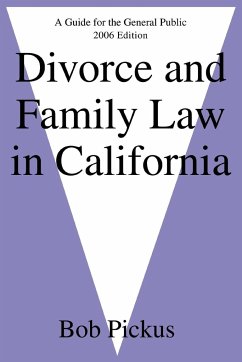The probable place of the origins of humanity, the African continent constitutes a regional laboratory of comparative law, among the richest on the planet. For the legal comparatist it has everything to offer: the earliest possible origins of law and legal systems; a remarkable plethora of ethnic identities and affiliations; an impressive history of customary and theological laws; the experience of being practitioners and subjects of colonial experience; the purveyors and recipients of alien and competitive laws and legal systems within Africa; objects of Christian and Islamic proselytizing; the legal impact of slavery; and the challenges of decolonization and independence, to mention but some of the contextual and direct impacts upon legal development on the African continent. The legal systems of most African countries are influenced by varied sources of law, foreign and domestic. These foreign laws may be of English, French, Portuguese, or German origin and may have been impacted by Christianity and Islam. These external influences have significantly affected how African legal systems are organized today. Yet, Africa's pre-colonial heterogenous customary laws, institutions and religions persist. The present volume brings together comparatists from eight African jurisdictions who explore legal traditions and change in that most fundamental domain of comparative jurisprudence: family law, with particular reference to marriage and divorce. Recommendations are made for legislative change in key domains to comply with international obligations and to improve the quality of family legal relations. xiv, 567 pp.
Hinweis: Dieser Artikel kann nur an eine deutsche Lieferadresse ausgeliefert werden.
Hinweis: Dieser Artikel kann nur an eine deutsche Lieferadresse ausgeliefert werden.








